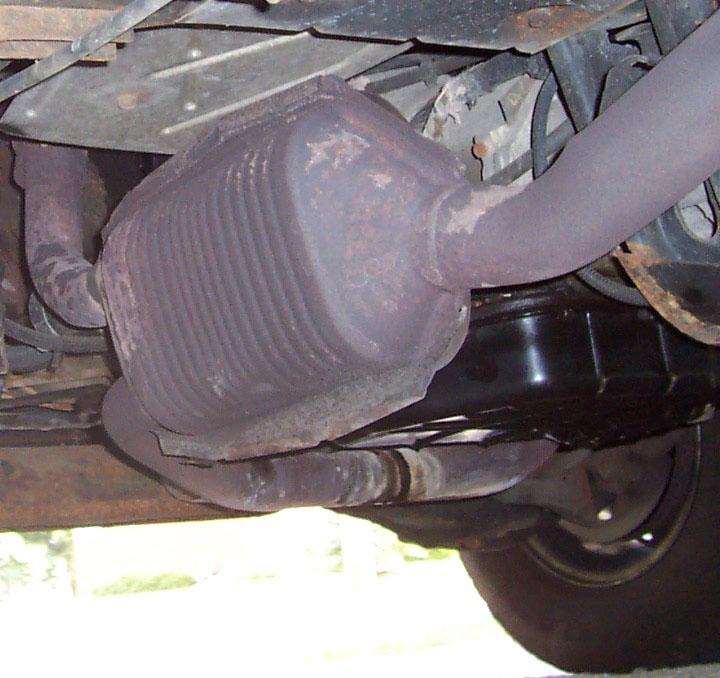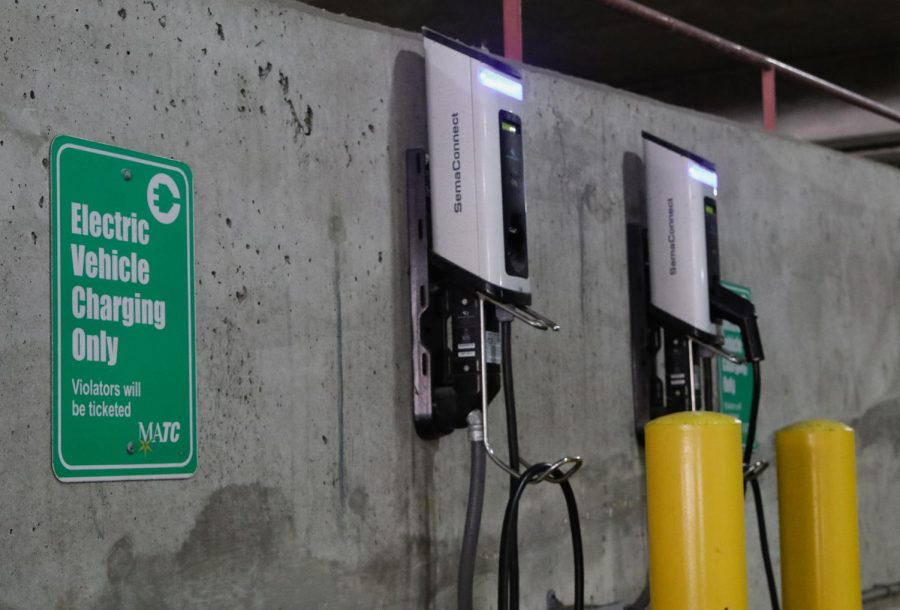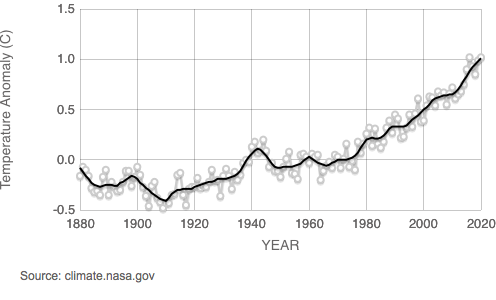This story is fictional and part of a series called “A Greener Future.” It is a prediction of what the global environment may look like 10 years from now. This story is based on present day data and available evidence.
Ten years ago, I would have seen smoke billowing out from the cars whizzing past me on the highway. But now, more people are driving electric cars.
In 2022, less than 1% of cars worldwide were electric. There were some projections that estimated half of all cars on the road going electric by 2050.
The large switch over to electric was largely motivated by people’s decision to address climate change, and decrease their carbon dioxide emissions from driving gas-powered vehicles. Electric cars have changed our generation for the better by being a cheaper alternative, more environmentally friendly and having better performances such as speed.
By using petrol-powered vehicles, we were putting our lives at risk. Petrol-powered vehicles use a spark-plug engine to turn on. The potential dangers of that electrical shock and the flammability of the fuel meant that they were more likely to catch on fire than electric cars.
Another downside to petrol-powered vehicles was how much money people were spending on them. The average American spent nearly $1,800 on gas in 2021 and without electric cars, the number would’ve only gone up with increasing gas prices.
With electric cars, it was reported they saved about $1,000 of fuel on average, which may have been another contributing factor to the switch.
Additionally, gas has many negative health impacts and harms the environment. Gasoline is composed of 150 chemicals coming from crude oil. People are constantly exposed to gasoline when filling up their cars at a gas station. Breathing small amounts of gasoline can cause nose and throat irritation, headaches, dizziness, nausea, vomiting, confusion and breathing difficulties.
A typical passenger car can emit about 4.6 tons of carbon dioxide a year, which negatively contributes to climate change.
Electric gases emit fewer greenhouse gases and air pollutant, which in turn decreases the contributions to climate change.
Another alternative to using gas was using diesel. Diesel fuel is thicker than gasoline, meaning it evaporates slower and lasts longer. This is more efficient in big vehicles such as SUVs and trucks.
However, diesel fuel was more expensive than gas. Additionally, it was 13% times more likely to cause pollution than petrol-operated cars.
To protect ourselves and the environment all while making better financial choices, it was smarter to turn to electric cars.
Statistically, electric cars are safer to operate than gasoline-operated cars. According to the National Highway Traffic Safety Administration, electric cars had less automobile accidents than gas-run cars due to the fact that they weren’t as flammable. They were also less likely to be flipped over in an accident because they have a lower center of gravity.
Electric cars also have lower maintenance issues than gasoline-powered cars. Electric cars are battery-run and there are less fluids, like engine oil, which normally requires regular changing. Back in 2022, an electric car could go up to 300 miles before needing a charge, which was comparable to other vehicles.
Starting this transition has changed our world for the better, and it’s astounding we didn’t make the switch a long time ago. Many people were skeptical about the reliability and the cost, but electric cars have proved to be a long-term investment, as electric cars’ prices have decreased as the market has expanded.
This story was written by Krisha Patel. She can be reached at [email protected].






